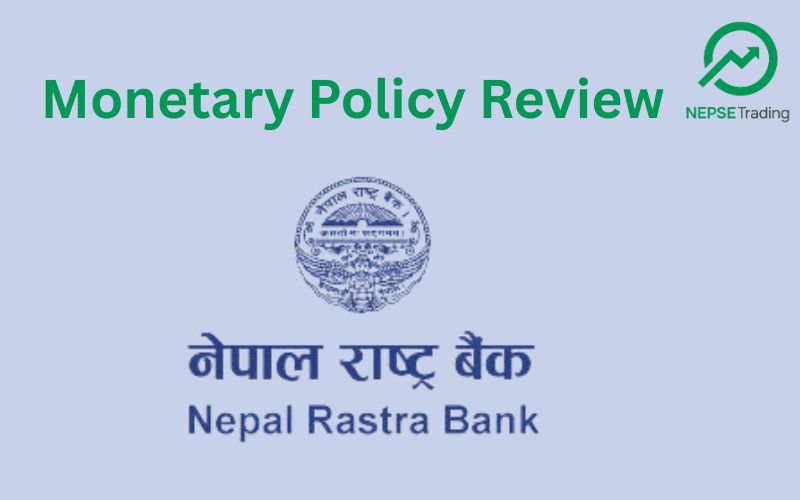By Dipesh Ghimire
Top 10 Companies by Market Capitalization in NEPSE: Analysis and Market Impact

The Nepal Stock Exchange (NEPSE) index is significantly influenced by a handful of companies with large market capitalizations. Recent data highlights that Bishal Bazar Company Limited (BBC) has emerged as the largest contributor to NEPSE’s fluctuations, requiring just Rs. 41.36 to move the index by 1 point. This is largely attributed to the government listing nearly 40 million shares of the company, backed by the high valuation of its prime real estate in New Road, Kathmandu. The market capitalization of BBC stands at a staggering Rs. 265.86 billion.
Bishal Bazar's Influence: A 10% positive circuit on Bishal Bazar's stock (an increase of Rs. 663) can push the NEPSE index up by approximately 16 points, underlining its dominance in the market.
Life Insurance Corporation Nepal (LICN): The second-largest contributor, LICN, with a market capitalization of Rs. 77.75 billion, requires Rs. 33.17 to influence a 1-point movement in NEPSE. Its recent 7% surge at the end of trading contributed nearly 7.8 points to the index, despite trading at much lower levels earlier in the day.
Citizen Investment Trust (CIT): Ranked third, CIT’s market cap of Rs. 133.21 billion and its Rs. 27.38 requirement to move the index highlight its critical role in overall market dynamics.

This data reveals that companies with large market capitalizations are being increasingly leveraged by market operators, commonly referred to as "operators," to manipulate NEPSE movements. A recent trend shows operators buying shares of large-cap companies in the final moments of trading to push their prices higher and influence the overall index.
For instance, LICN, after trading near its lower circuit level (Rs. 1,296), closed 7% higher at Rs. 1,555, impacting the Life Insurance sector index positively by 0.8%. This sharp reversal showcases how a single stock's manipulation can mask broader market sentiments.
The growing influence of "operator-driven" stocks highlights a potential risk for retail investors. Stocks like Nepal Doorsanchar Company Limited (NTC), Nabil Bank Limited (NABIL), and Himalayan Reinsurance Limited (HRL) have also been historically used to manipulate the index.
For instance:
NTC, with a market capitalization of Rs. 172.10 billion, contributes significantly to NEPSE movements, requiring just Rs. 9.22 to alter the index by 1 point.
NABIL, with Rs. 142.05 billion in market capitalization, has shown similar impacts due to its Rs. 6.13 requirement for a 1-point shift.
The dominance of a few large-cap companies in NEPSE’s movement underscores the need for investors to closely monitor market dynamics. While such stocks can present significant trading opportunities, they also pose risks due to operator-driven manipulations. Regulators and investors must remain vigilant to ensure market transparency and fair trading practices.
The NEPSE index's heavy reliance on a few companies highlights the need for a diversified and robust market structure to reduce over-dependence on large-cap stocks and ensure healthier market dynamics.









